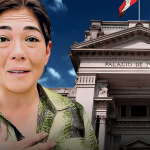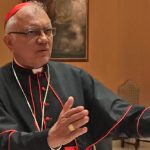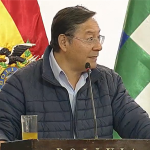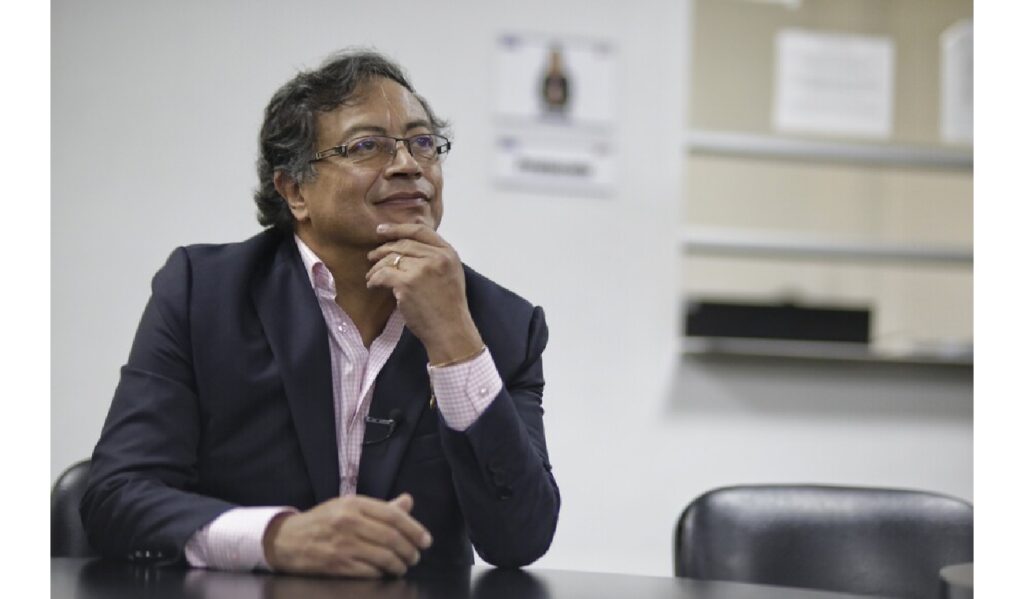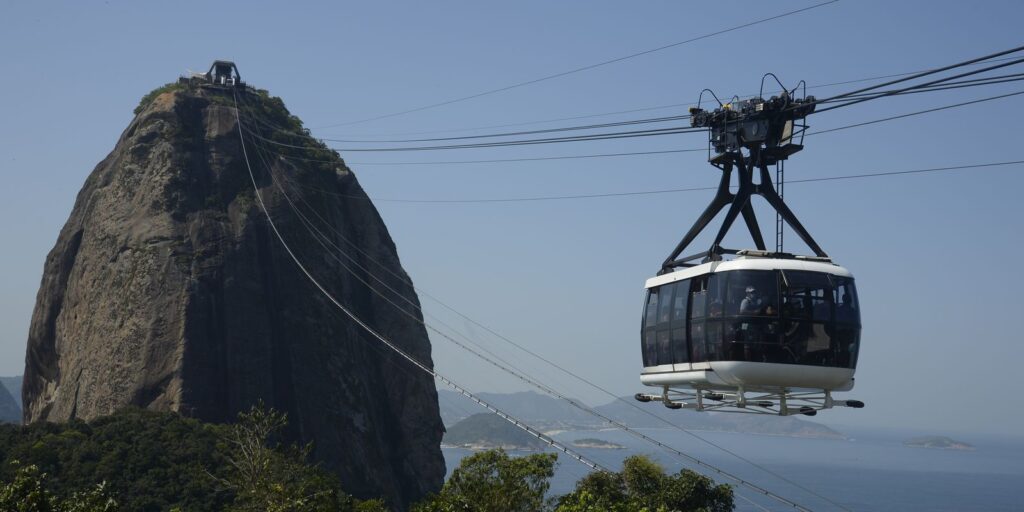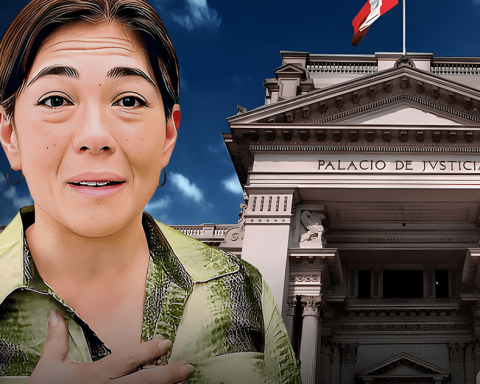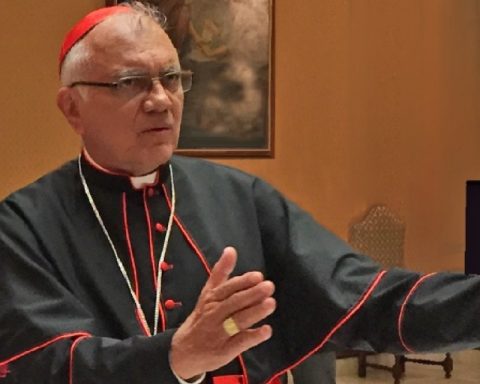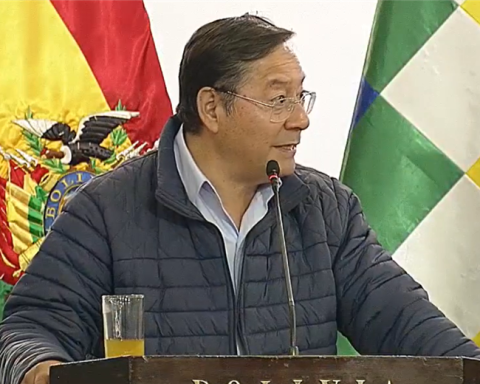With a government program marked by proposals for profound social transformations and an evident discourse critical of the Chilean political tradition, Gabriel Boric prevailed in the last presidential elections, in a clear sign of the exhaustion of the neoliberal model that emerged in the dictatorship and after an outbreak that undressed the cry of disagreement of millions of Chilean men and women who demanded resounding changes. The young force arrived at La Moneda, in the midst of an unprecedented constituent process and that, from the beginning, tried to distance itself from the former Concertación, reducing its participation in the cabinet as much as possible. But, apparently, reality has forced them to go back and seek more political experience in the same sector that they said so much to reject, reflected, for example, in the recent appointment of Michelle Bachelet’s former chief of staff, Ana Lya Uriarte, in the same position, although now from the current Minister of the Interior, Izkia Siches.
Because reality is –in the opinion of different analysts– a factor that begins to appear very strongly to the government administration, understanding it in the sense of what Aristotle maintained, in relation to “the only truth is reality”. It is a phrase frequently used by former Argentine President Juan Domingo Perón and which refers to the fact that the real facts are those that confront the rulers with their convictions and force them to act responsibly, beyond their ideals.
These are “hot irons” that the Government faces, and that had a critical first episode a few weeks ago, when they had just assumed their administration, with their position of rejecting the fifth withdrawal, which could have affected the considerable drop in their support. citizen. Another critical point refers to the migratory crisis, mainly in the north of the country and the lack of a clear position from La Moneda on the subject, in addition to the serious error of Minister Siches with her accusation about the false expulsion of foreign migrants during the second Piñera administration.
In addition to the above, in recent weeks the conflict in La Araucanía has attracted attention, after the failure of La Moneda in its attempt to promote an “Intermediate State”, in the search to avoid the militarization of the area. After failing in the negotiations with their own coalitions, and given the urgency of the facts, they had to decree a State of Constitutional Exception limited to routes and highways, a measure on which they had always expressed their critical view in the past. Once again, reality confronted them with their convictions.
The psychologist, academic and columnist of The counterGermán Silva Cuadra, considers that the current government “had to make quick decisions, after having made statements that it necessarily had to take charge of. It took on two conflicts that the previous government had simply treated with an artificial respirator, where the States of Exception was simply a little oxygen for a patient in critical condition. The current government took it trying to make a turn, trying in some way to give it more content and greater depth, evaluating the problems more globally. “
In this sense, the political analyst and director of the School of Government of the Central University, Marco Moreno, points out that “indeed, these issues are like ghosts that appear to the Government more and more frequently, because they are part, I I would say, from the very discourse of the causes that he raised in the presidential campaign, and before that it was part of the political trajectory of those who are governing today, who built their electoral and political platform from the discourse of the causes: the environment, the indigenism, feminism, among others. All issues that, when you are outside the Government, it is easy to raise and sue them, but something very different is when you have to govern and you must take charge of these problems, ”he points out.
“Managing disenchantment or managing discomfort is very different from administering power, which implies responsibilities, where one must govern for a whole. It seems to me that this imbalance is costing the authorities today to understand it clearly,” adds Moreno. An idea that complements Silva Cuadra, who considers that the Government manages itself well on the surface, but it lacks depth, for which -a his opinion – a change of cabinet is necessary, where he believes that the old guard that they somehow despised would contribute a lot. a citizenry that needs a feeling of greater security”, he adds.
Internal conflicts exposed by contingency
Inside the Government they understand that coexistence is not going to be easy, which is reflected in the political committees in La Moneda and that is related to a rather peculiar characteristic, insofar as its political support is made up of two coalitions that competed in the first back, that they had different candidates and different projects, with different programs and different expectations. Although from inside the coalitions they assume that in the second round they came together in search of a common project, they admit that it is evident that the differences they have regarding what the priorities are and what should be be the language to use.
From Democratic Socialism, one of the government coalitions closest to the former Concertación, they consider that it is very necessary that the most relevant matters can be discussed, within the framework of a political perspective and greater depth, with the aim of achieving a vision together on some issues. The president of the Radical Party, Alberto Robles, believes that “for example, in the proposal for an Intermediate State, which ultimately did not receive the support of the entire conglomerate as a whole, it is an issue that I think should not be repeated, where We must make clear in advance what are the positions that each one has, so that a project is not presented that will not have the support of the entire coalition”.
In relation to the search for paths of encounter and convergence, the deputy and president of Humanist Action, Tomás Hirsch, points out that it is difficult to find common ground, because “I Approve Dignity was born as a coalition totally committed to the project led by President Gabriel Boric and that, therefore, seeks to fully implement his government program The other coalition, former Concertación or Democratic Socialism or whatever you want to call it, is a coalition that joins the project and, therefore, I would say that it also maintains other interests, legitimate but their own: wanting to be a Government in four more years, having a significant number of positions and presence in all levels of Government. In short, these are interests that are legitimate, but not necessarily they are the same ones that we have from Approvebo Dignidad, where we aim above all at the realization of the program”.
Differences between both coalitions that were already reflected around the Mapuche conflict, regarding which Hirsch adds that “from Approve Dignity we did not agree with the so-called Intermediate State, where, on the other hand, the other coalition immediately supported it, but also with the rather curious argument that the President could not be opposed and that we should support him in everything, when only a couple of weeks before they did not follow the recommendation or suggestion of the Executive to reject the fifth withdrawal, understanding that since Democratic Socialism there was a fairly majority vote for its approval. So, obviously there are differences”.
But between the internal political discussion and the “hot irons” that the Government has taken in its first stage of management, an opportunity opens up, which could be in its favor. This is the Supreme Court’s rejection of the Dominga mining project, whose future remains in the hands of a Committee of Ministers, headed by the Minister of the Environment, Maisa Rojas. A situation that –according to various analysts– could be capitalized positively, in tune with the environmentalist demand that was part of Gabriel Boric’s presidential campaign and that could be used by the Executive to reconcile its convictions with a greater sense of responsibility, one of the the main criticisms of his administration.







